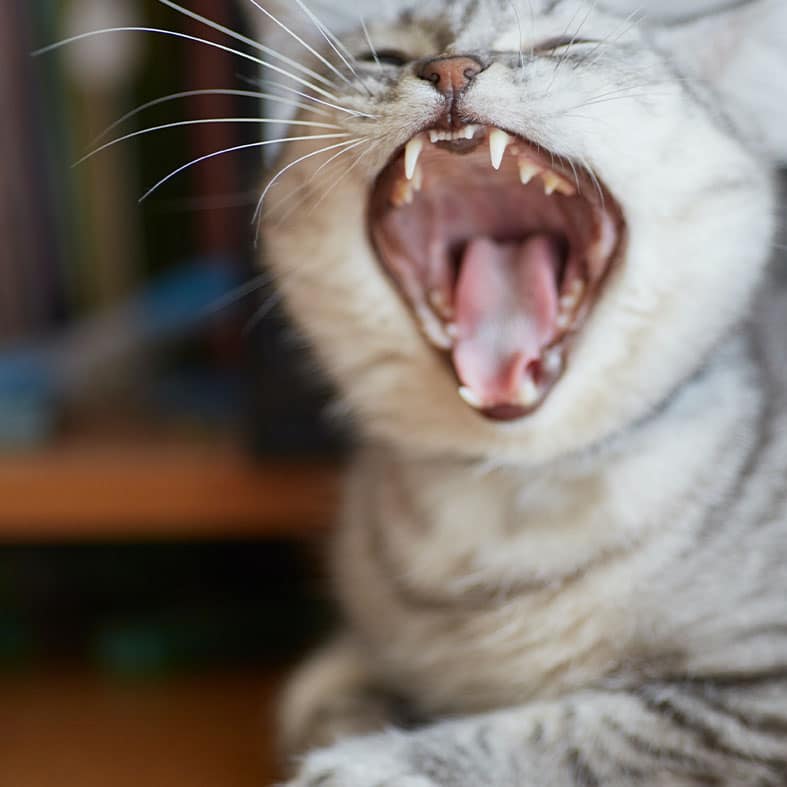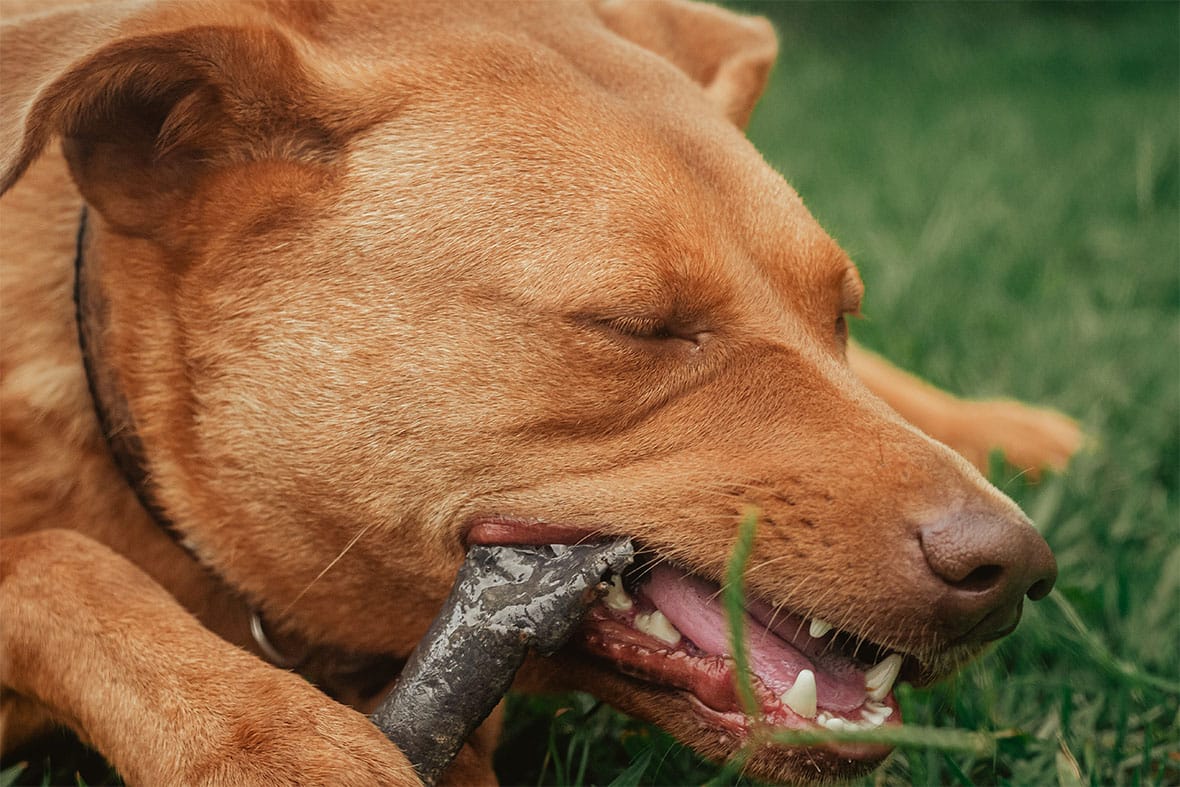The month of August is Australia’s National Pet Dental Month. It is the time to focus in on just how important oral hygiene is to your pet’s overall health and well-being.
When was the last time you brushed your pet’s teeth? Now while the idea of chasing your pet around the house with a toothbrush may seem amusing if not a little frustrating, teeth brushing is a vital part of caring for your pet to ensure they live happy and healthy lives. If your answer is that you have never done this, understand, starting while they’re young is best, but it’s better late than never.
All treats assist dental health due to the mechanical action which they encourage. At Capalaba Produce we also stock dental treats that are designed to help specifically with dental health. Some of our favorites are, Whimzees, Greenies, Dentastixs, and Oravet.


If you really struggle to hold your cat or dog still long enough to brush their teeth, you may choose to use dental treats. Now while these alone are not enough to maintain your pet’s oral hygiene, they are a good way to help break up tartar on your pet’s teeth. With many dental toys also available to choose from, looking after your pet’s teeth has never been easier. When used in conjunction with regular teeth brushing, not only will your trips to the vet for dental lessen overall. Regular oral hygiene can lessen your pet’s chances significantly of developing tartar build-up, bad breath, gum disease, gingivitis and in some cases heart disease, liver disease and kidney disease.
There are two main types of gum disease that can affect your pets. Periodontal disease and Gingivitis.
Periodontal disease is an inflammatory disease brought on by a build-up and hardening of plaque on your pet’s teeth. Once plaque has time to build-up and harden, it turns into tartar, and if left untreated will start producing toxins that damage the tissue around the teeth. Your pet’s immune system will attempt to fight the issue by releasing cells to combat the tartar. However, in doing so will further damage the area, as the cells don’t discriminate, they will damage the tartar and gums alike. Resulting in severe gum damage, teeth loss and bone loss. If left untreated the infection can spread into the bloodstream and then your pet could be at risk of developing issues in the heart, liver, and kidneys.
Gingivitis is the early stages of periodontal disease and is less severe. It is the process of plaque build-up on your pet’s teeth. This is the best time to fix oral issues before they become a more serious issue. If you notice a build-up, get on top of it, it will save your pet from pain and discomfort as well as save you from some expensive vet bills.
Even with recommendations from their vet to make sure they brush their pet’s teeth, 98% of pet owners will not do so on a daily basis, if at all.

The earlier in their life that you start the better, same as with humans. While your pet may not have gum problems right now, preventing future issues is key. Always get your vet to check your pet’s teeth during your annual check-up, and a regular dental clean after the age of 3 will go a long way to maintaining their overall health. Once a year is fine if you help to keep their teeth clean by brushing at least 2-3 times a week, minimum, and offer them dental toys and treats. If you don’t, more frequent cleanings may be required to keep your pet’s oral hygiene in order. Check with your vet, to see what best suits your individual requirements.




